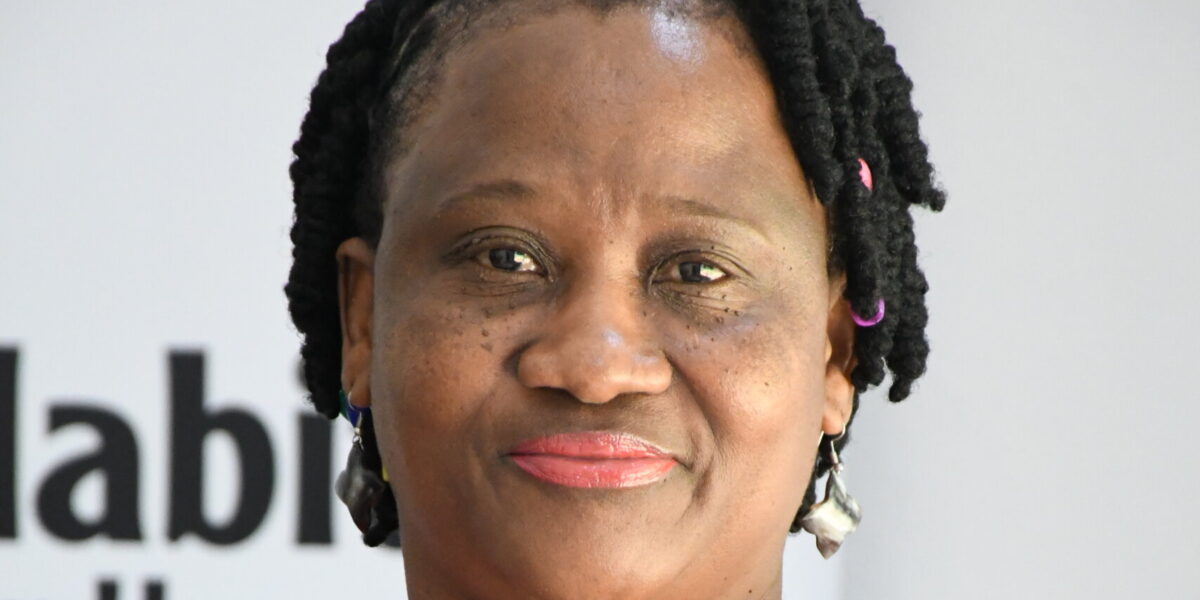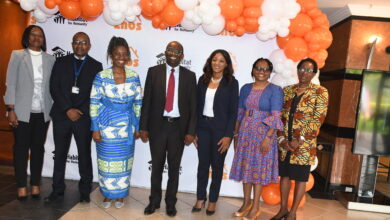

Habitat for Humanity International, Africa Area Region, is set to participate in this year’s World Urban Forum with a delegation of 40 members. This esteemed group includes the National Director of Habitat for Humanity Zambia, Ms. Mathabo Makuta.
The Twelfth Session of the World Urban Forum (WUF12), organized by the United Nations Human Settlements Programme (UN-Habitat), is scheduled to take place in Cairo, Egypt, from 4 to 8 November 2024. This marks the Forum’s return to the African continent after more than twenty years since its inaugural session in Nairobi, Kenya, in 2002. The theme of this year’s forum is “It All Starts at Home: Local Actions for Sustainable Cities and Communities.”
The forum will emphasize the localization of the Sustainable Development Goals (SDGs) and will address pressing global urban challenges, including unaffordable housing, rising living costs, climate change, lack of basic services, and ongoing conflict. The goal is to empower local stakeholders and promote citizen engagement to ensure that sustainable development is more aligned with local needs. It is anticipated that over 20,000 participants from more than 179 countries will attend, including government officials, urban planners, community leaders, and representatives from the private sector and civil society.
The world is currently witnessing an unprecedented wave of urban growth, with more than half of the global population residing in cities—a figure projected to rise to nearly 70% by 2050. Rapid urbanization, particularly in Asia and Africa, presents both opportunities and challenges concerning sustainable development, housing, infrastructure, and services in urban settings.
According to the latest data from UN-Habitat, 2.8 billion individuals currently live in inadequate housing, while more than 1.1 billion people live in slums and informal settlements, accounting for 13.75% of the global population.
As Habitat for Humanity, we advocate for diverse, systemic, and innovative solutions to tackle urban housing challenges and opportunities. Context-appropriate and innovative approaches to urban housing, as well as inclusive housing policies, planning, and markets, are essential in harnessing opportunities and mitigating challenges associated with urbanization. It is critical to adopt people-centered, local, and collaborative actions for adequate housing. Cities are shaped by the contributions of individuals, markets, and governments.
Therefore, local stakeholders are best positioned to understand and address the unique realities of each urban environment, underscoring the importance of recognizing the pivotal role of all actors and advancing partnerships centered around the needs of the community.


